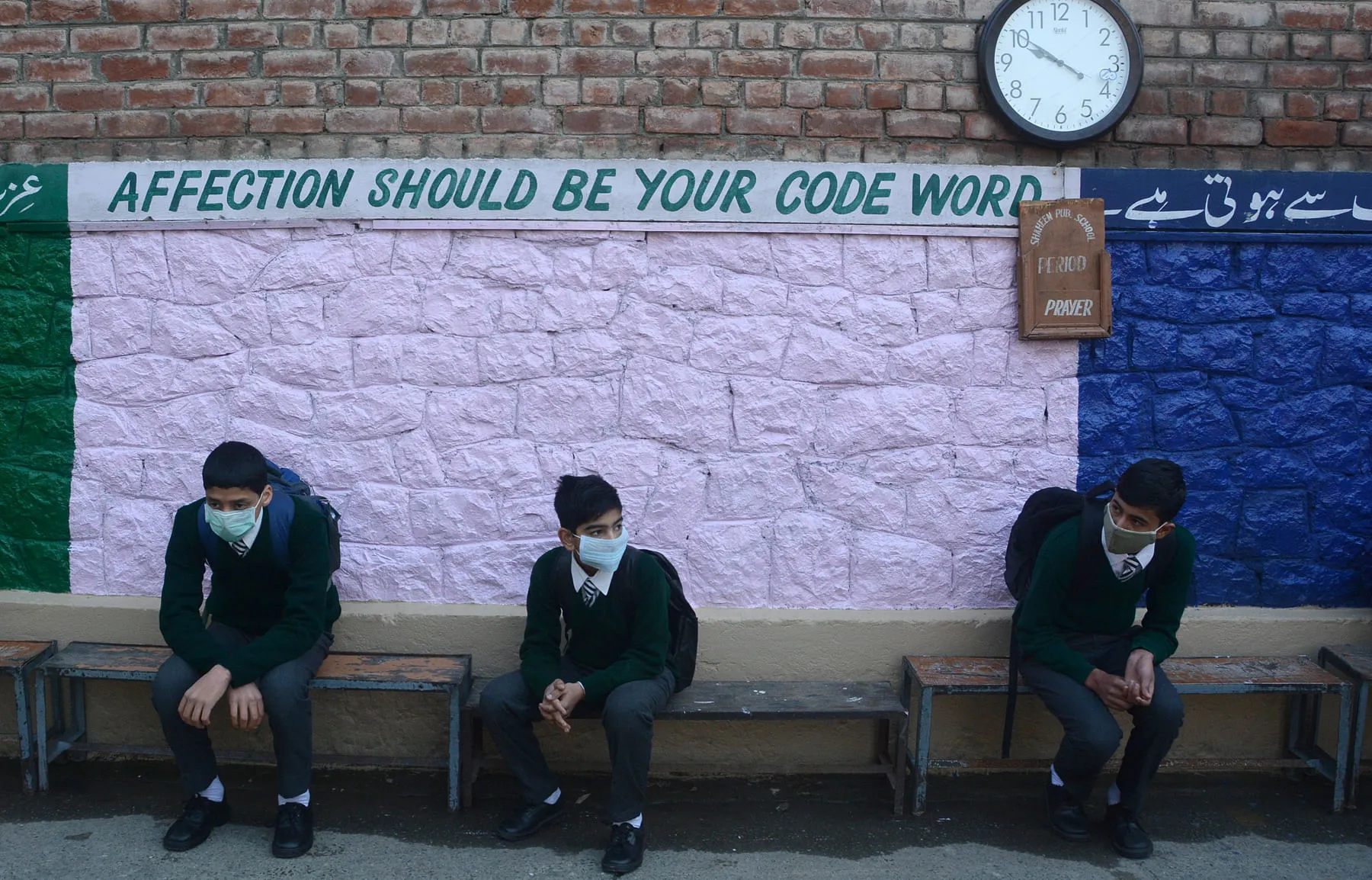Srinagar: The Samagra Shiksha has been granted extension for a period of five years by the Cabinet Committee of Economic Affairs (CCEA) from 2021 to 2025-26 with a total financial outlay of Rs 2,94,283.04 crore as central share and Rs 18,53,98.32 crore as state share.
As per the official document, the scheme has been granted extension with revised norms and guidelines in line with the National Education Policy (NEP)-2020 which has broadened the scale and scope of implementation of the Samagra Shiksha scheme all over India.
“The scheme has been revised by introduction of certain new norms, modification, merging and rationalisation of the existing norms and resultant financial implications,” the official document reads. Earlier, the scheme was launched in 2018 by the Government of India for a period of three years.
As per the documents, the revised Samagra Shiksha has given special focus on various interventions along with control on out of school children besides the universal access to education and filling infrastructural gaps in government schools.
The revised scheme focuses on special training for age appropriate admission of out-of-school children (OoSC) at elementary level.
“Special training facility should be started for out-of-school children to enable children to be admitted to an age appropriate class, to integrate academically and emotionally with the rest of the class,” the document reads.
The J&K School Education Department in previous years has failed to mainstream the OoSC which also led to the non-utilisation of funds.
The department was reprimanded by the Department of School Education and Literacy (DSEL), GoI for its failure to identify the OoSC after it repeatedly failed to meet the target to enroll these children in normal schools.
After repeated failures, the department was asked to start a fresh survey to identify OoSC with the latest figures and start their admission in normal schools.
Notably, the revised norms of Samagra Shiksah state that the assistance of the department in controlling the number of OoSc would be appraised based on an assessment of the success of the state or union territory in mainstreaming children who had been provided special training facilities.
This will be an outcome based component to incentivise better performing states and UTs
As per the norms of the scheme, the OoSC would get support through National Institute of Open Schooling (NIOS) for the age group of 16-19 years.
“The number of children to be supported will be based on an increase in the number of students enrolled in NIOS and SIOS in over the year 2O2O-21,” the document reads.
The government will also provide financial assistance of up to Rs I 6000 per child per annum for non-residential courses while an amount up to Rs 20000 per child per annum will be provided for residential courses.
“For out of school children at 16 to 19 years of age through the Open school system (NIOS/SIOS) at secondary/senior secondary stage, the support will be provided up to Rs 2000 per child per grade.
The revised also emphasises on reduction in dropout rate of school children for which the states and UTs have been asked to develop guidelines and courses for conducting special training and conduct special enrolment drives for migrant OoSC.
“The department should conduct regular household survey for identification of OoSC and to calculate the percentage of children mainstreamed in the formal education system (nonresidential schools) and percentage of children mainstreamed in the formal education system (residential schools) besides the percentage of children mainstreamed in the open school education system,” it reads.
The focus has been also laid on addition of new subjects in existing higher secondary schools with preference to Educationally Backward Blocks (EBBs), Special Focus Districts (SFDs), Border areas and the aspirational districts identified by NITI Aayog.
“The school education department should ensure that all the students, particularly from underprivileged and disadvantaged sections have universal, free and compulsory access to high-quality and equitable schooling,” the document reads.
The DSEL has also asked the education secretaries of states and UTs to strengthen the infrastructure support to be provided to pre-primary sections in Primary School.
“School infrastructure should be provided as per the provisions in the schedule of the RTE Act, 2009,” the document reads.
Samagra Shiksha is an overarching programme for the school education sector extending from pre-school to class 12 which has been prepared with the broader goal of improving school effectiveness measured in terms of equal opportunities for schooling and equitable learning outcomes.







